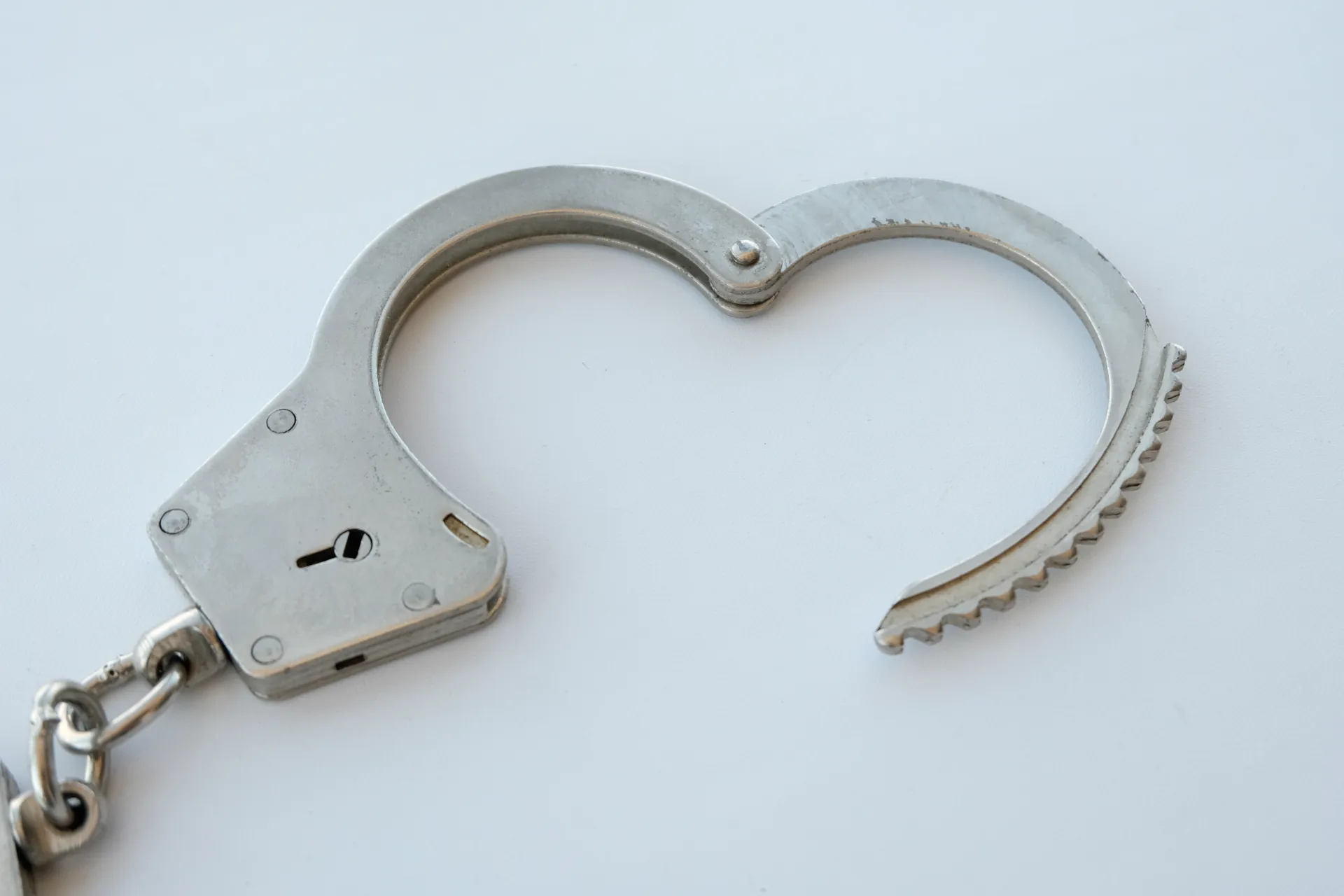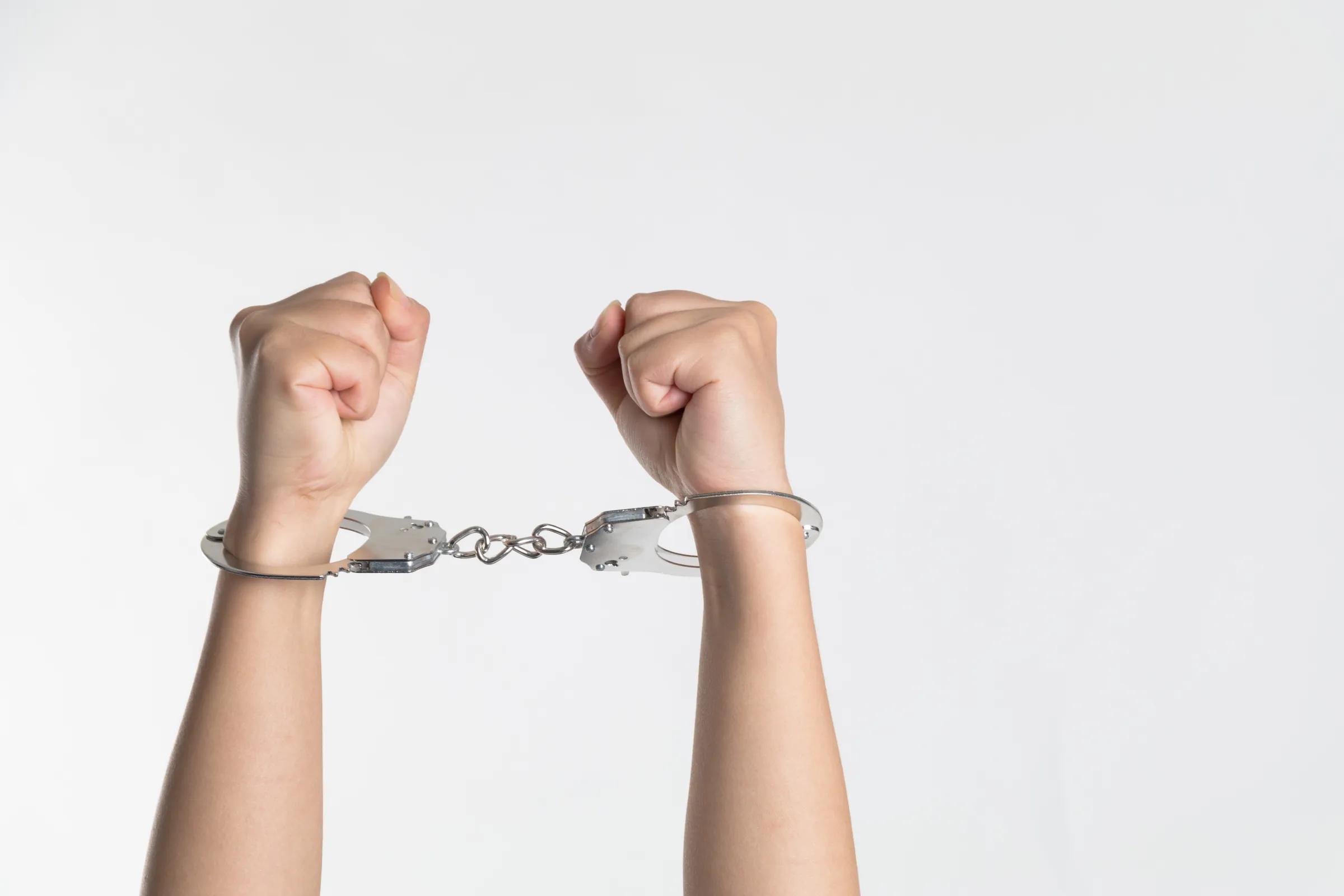Criminal Defense
Probation and Parole Violations
Probation and parole, though different, offer a person charged with an offense the opportunity to serve a sentence without further incarceration (jail time). While probation and parole offer opportunities to avoid incarceration, when a person is accused of violation probation or parole, they face serious consequences. They can be returned to jail or prison without a trial, pending the outcome of the allegations lodged against them for violating their probation or parole. The period of incarceration they face depends upon the offense for which they were originally convicted. The person may face the maximum penalty for which they were originally in jeopardy, less any time the person served in jail already. For most people, this means they face substantial and harsh penalties for alleged violations of probation and parole.

What We Do
If the government proves, or you admit to, a violation of the rules of probation or parole, you face possible penalties for the violation. You can receive additional incarceration, fines, additional extended periods of probation supervision and be ordered to complete various assessments and evaluations for drug and mental health counseling. If you violated parole, you can be ordered to serve the remainder of your original sentence.
If you have been accused of violating your probation or parole, you have rights. Although the burden on the government is lower in a violation hearing than a full-blown trial, you have the right to confront your accusers, confront witnesses brought against you, and to compel the government to meet its burden of proof. If the government fails to prove that a violation of your supervision occurred, you must be released from custody.
If you have been accused of violating your probation or parole, or you suspect that you are being investigated for a violation, contact DiFiore, Levin and Brittenburg, LLC to develop a strategy for addressing the allegations and to protect your liberty.



